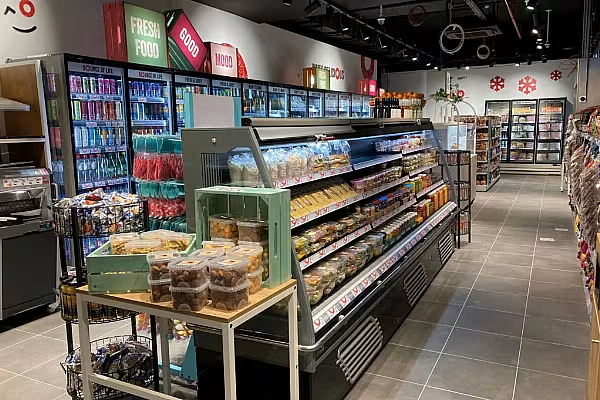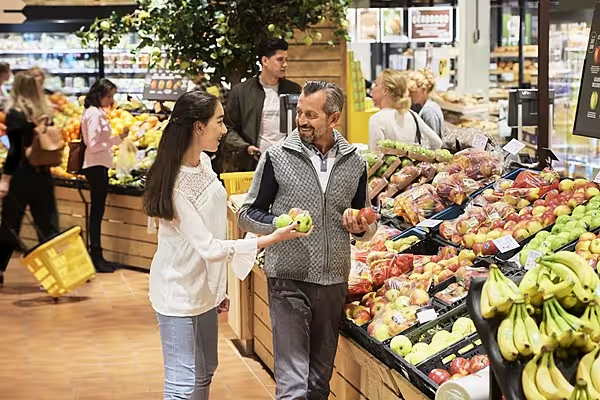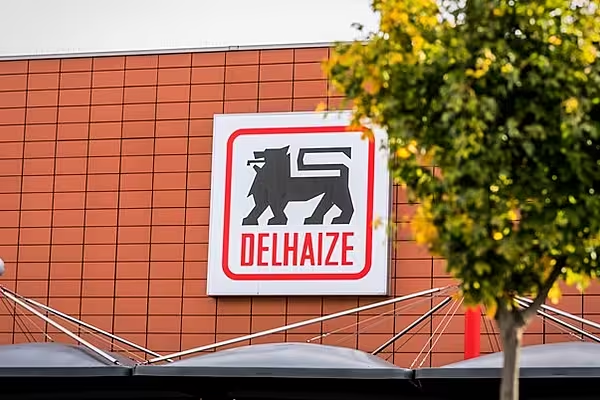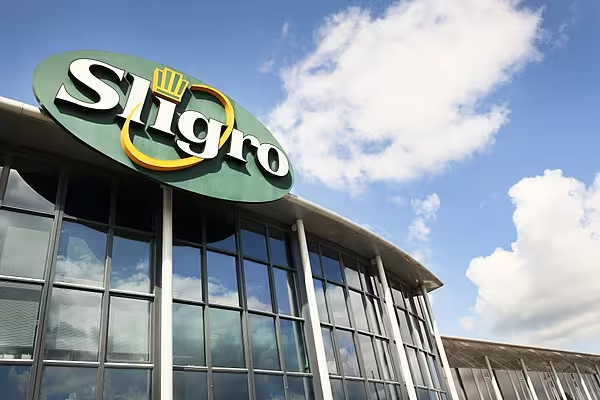As part of our dedicated Private Label Issue, ESM spoke to industry leaders at a number of retailers across Europe about the innovations that they are bringing to the table, and why they believe that private label can be a kingmaker in a changing retail landscape. This article first appeared in ESM May/June 2022.
Lorenzo Spinnoy, Director CM Grocery Sweet, Salted & Frozen and Jonathan Hertog, VP Commercial Unit Fresh & Sourcing, Delhaize
The retail sector has had to deal with significant food price inflation in recent months, which shows no sign of easing. How have you had to adapt your private-label range to accommodate these cost increases?
At Delhaize, we have always had a certain balance between sales of own-brand products and national brands. With the current price pressures, we are indeed seeing a slight shift from our customers to own-brands.
There’s no one solution to address these increases, but in times of inflation, our main target is to simplify the value chain of our products as much as possible, on a product level, without compromising the quality of our products, but also on a packaging, transport and logistical level.
How have you sought to improve the ‘eco’ credentials of your private-label offering, given increased consumer demand for sustainable options?
In particular, reducing plastic remains our main focus point, next to making our products as clean as possible. Plastic is perceived by Belgian consumers as the worst thing to put in the market because it has the biggest potential to harm nature and the environment.
What has been the biggest private-label innovation at your company over the past year? Are there any new-product launches that have proved particularly successful?
Within the ambient category, the private-label innovation that had the most impact was clearly in the nut butter category. It’s a category that’s developing really fast, but in which an affordable offer was not yet available. With an extended range of affordable products, we clearly addressed a consumer need.
Fresh departments are, as such, more dominated by private label. Here we see a lot of movement in the ‘meal component’ assortment, in which customers buy semi-ready products or ready-to-cook recipes, in which all ingredients can be bought together at once.
© 2022 European Supermarket Magazine. Article by Stephen Wynne-Jones. For more Private-Label news, click here. Click subscribe to sign up to ESM: European Supermarket Magazine.














